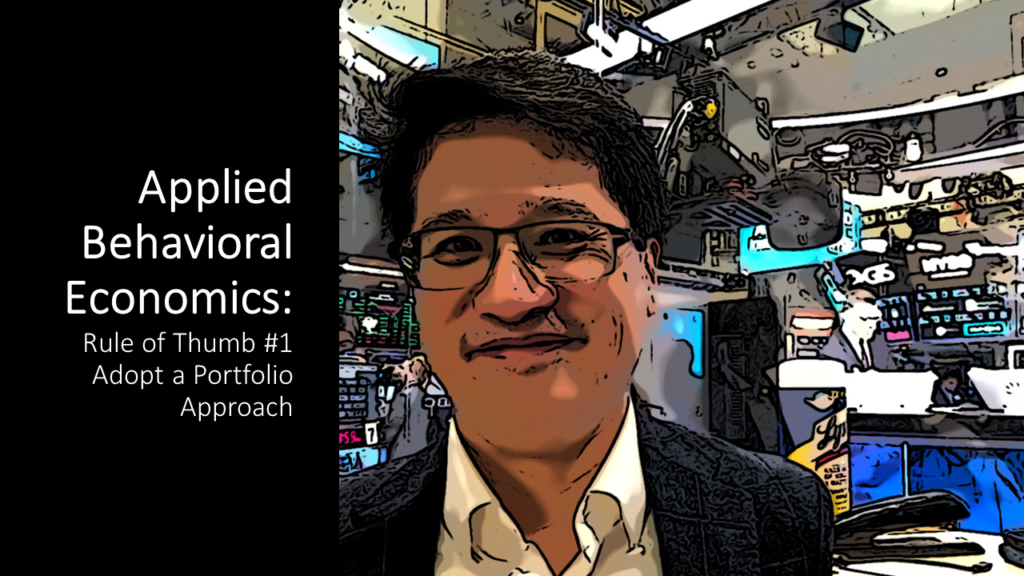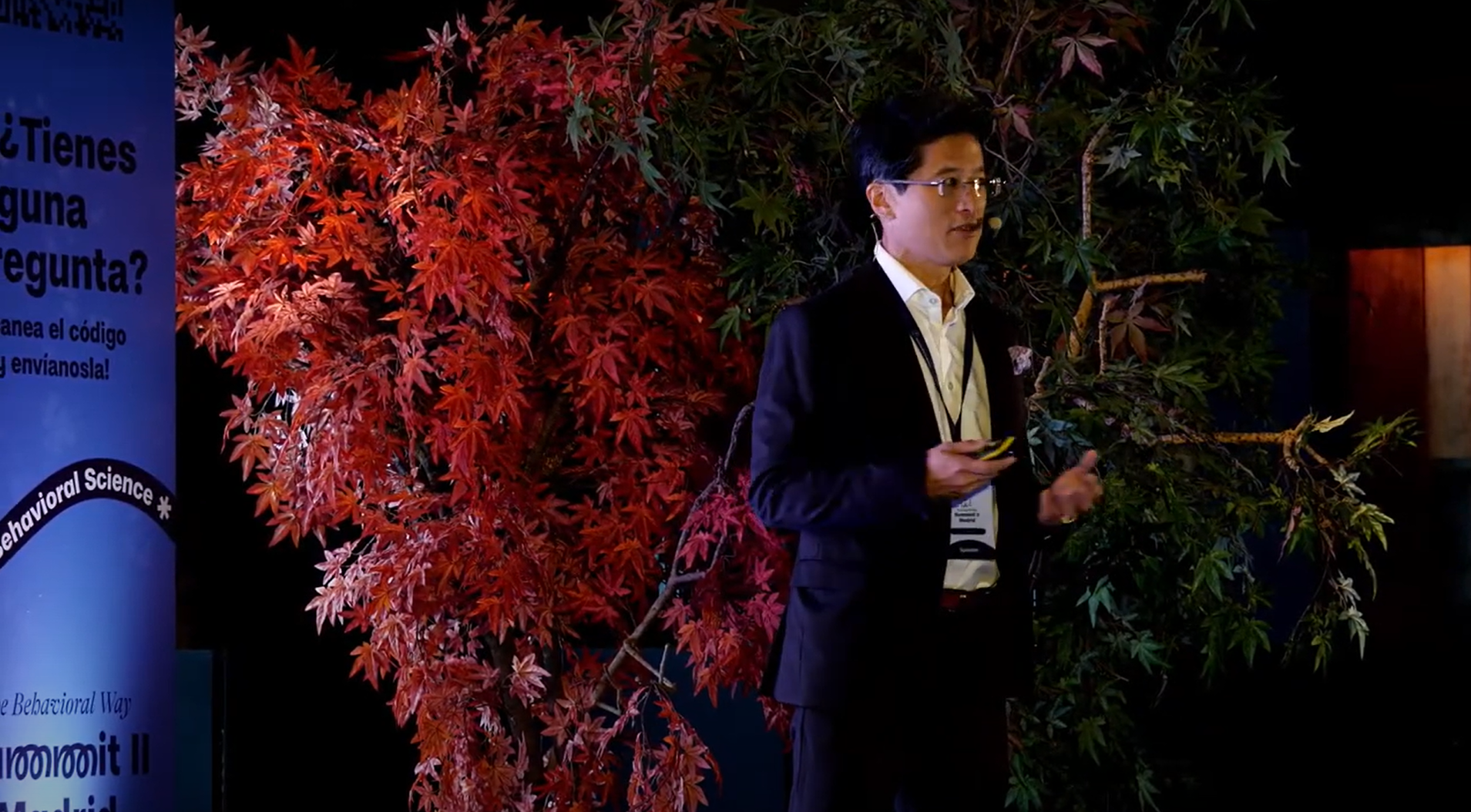
While I will address return on investment (ROI) considerations in a future post, probably one of the first rules of thumb I have is to use some degree of portfolio thinking and management processes for implementing behavioral science initiatives.
Research indicates that seemingly promising behavioral interventions sometimes do not work, and it can be hard to predict what will actually work (Milkman et al., 2021). Additionally, some studies indicate that there can be strong wisdom-of-crowds versus individual forecasting performance effects, such as average forecasts outperforming 96% of individual forecasts (DellaVigna and Pope, 2018).
It can be difficult to predict which projects will be successful. There are risk-return tradeoffs and innovating in this space requires process and discipline (which could also result in undesirable outcomes, such as if managers are overly loss averse and fail to innovate).
So based on these premises, some strategies for companies looking to implement behavioral science include:
- Look for quick wins opportunistically (e.g., when getting started), while also being realistic.
- Recognize that it can be hard to predict results ex-ante.
- Develop behavioral intervention generation, vetting, and project portfolio management processes. (This last point is very loaded. I will likely have future posts on different dimensions of just this point. However, one example of portfolio management can be picking several lower-risk projects along with a higher-risk project that could pay off to a much greater extent, e.g., financial or social good).
In summary, to effectively implement behavioral science initiatives, it is important for companies to recognize the unpredictable nature of these interventions and adopt a portfolio approach that includes a process for generating, vetting, and managing projects in order to maximize return on investment and/or other outcome goals of the organization.
References:
- Milkman, Katherine L., Dena Gromet, Hung Ho, Joseph S. Kay, Timothy W. Lee, Pepi Pandiloski, Yeji Park et al. “Megastudies improve the impact of applied behavioural science.” Nature 600, no. 7889 (2021): 478-483.
- DellaVigna, Stefano, and Devin Pope. “Predicting experimental results: who knows what?.” Journal of Political Economy 126, no. 6 (2018): 2410-2456.
